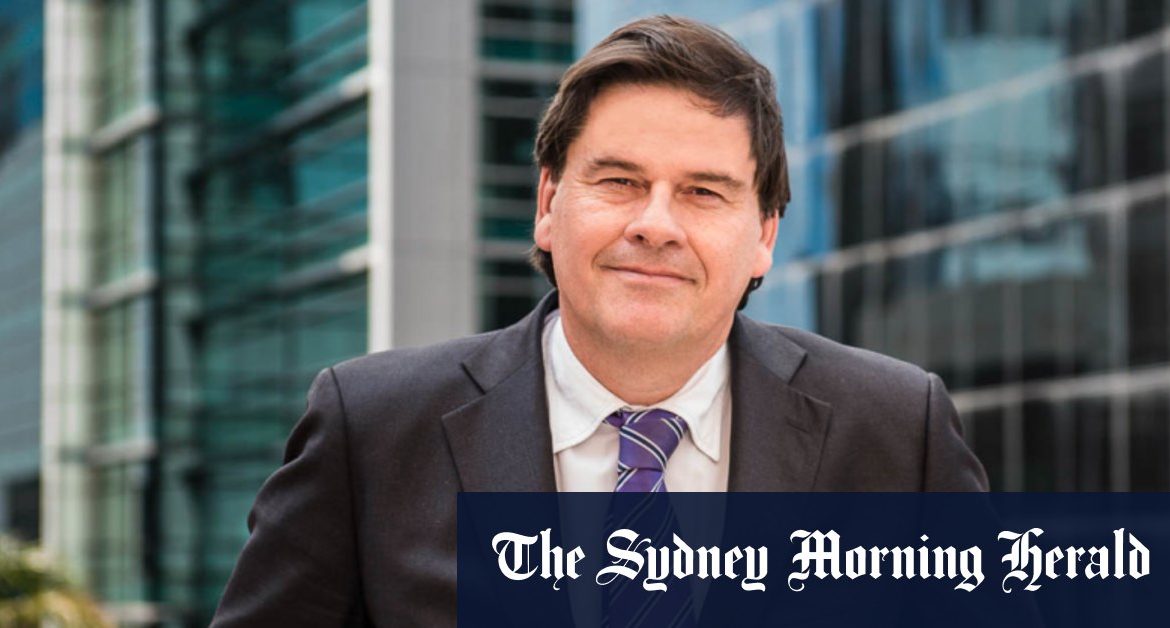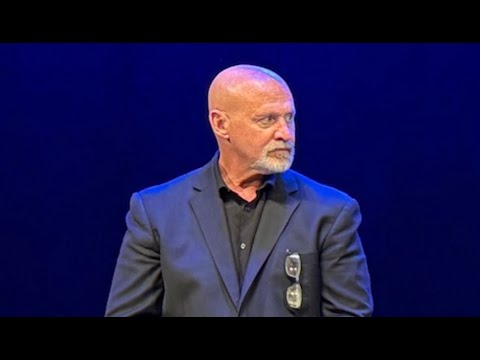The JobSeeker base rate is currently $565.70 a fortnight for singles and has been bolstered by an extra supplement introduced in March this year as unemployment skyrocketed. This week the Morrison government revealed the supplement would continue to be paid until March 2021 to those out of work during the coronavirus crisis. However, the payment was reduced to $150-a-fortnight, down from $250 currently given to JobSeeker recipients until the end of the year.
The supplement is forecast to cost taxpayers $20 billion over the 12 months it runs, with the last three months worth $3.2 billion. The supplement has been described by the government and social services group as a “lifeline” for those out of work during the crisis, but there has been disagreement about how much should be paid in the future. The coronavirus supplement is also given to those on other benefits, such as Youth Allowance.
More than 10 Coalition MPs and backbenchers oppose a snap back to the base rate but warned the supplement had been too high and was disincentivising some people from getting a job. At the height of the pandemic the supplement was worth $550-a-fortnight.
Minister for Social Services Anne Ruston said decisions about the JobSeeker base rate and supplement after March would be considered closer to the time “when we have a better understanding about what’s happening around the country and the economic conditions in the labour market”.
“As the Ai Group has importantly identified, almost all income support recipients receive supplementary payments … which are paid on top of the base rate depending on individual circumstances,” she said. The current maximum amount of rent assistance available for a single is $139.60-a-fortnight.
Loading
Australian Council of Social Services chief executive Cassandra Goldie said a permanent rise to JobSeeker should be a priority and there was “no evidence … only anecdotes” that the payments discouraged the unemployed from seeking work. Senator Ruston said recently “thousands” of businesses had experienced difficulty filling job vacancies.
“Unemployment payments shouldn’t be set by anecdote – they should be based on the cost of essentials and the resources people need to search for employment,” Ms Goldie said.
Council of Small Business Organisations of Australia chief executive Peter Strong supported increasing the rate, but also wanted funding for services to help people get back to work. He said this could operate out of Centrelink offices across the country and provide local support for those who have lost work “often for the first time in their lives”.
Loading
The Business Council of Australia has proposed increasing JobSeeker to between 75 and 90 per cent of the age pension, which is around half the minimum wage. At 80 per cent of the pension the base rate would be worth $688.50.
Labor spokeswoman for social services Linda Burney said there needed to be a permanent increase to unemployment support to provide certainty and keep households out of poverty.
“The current base rate of unemployment support is so low it presents a disincentive to work, with people unable to afford clothes for job interviews or transport costs to attend them,” Ms Burney said.
Jennifer Duke is an economics correspondent for The Sydney Morning Herald and The Age, based at Parliament House in Canberra.
Most Viewed in Politics
Loading







